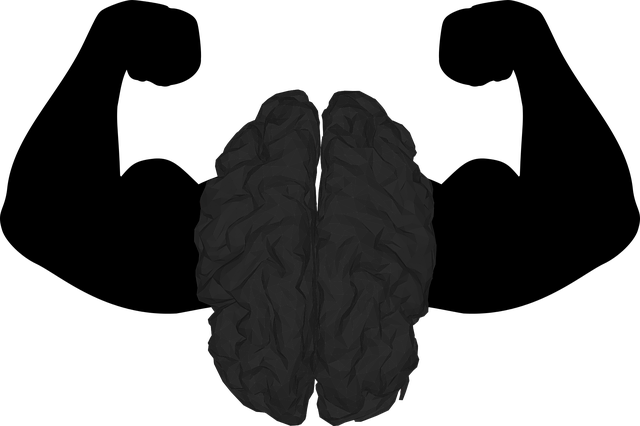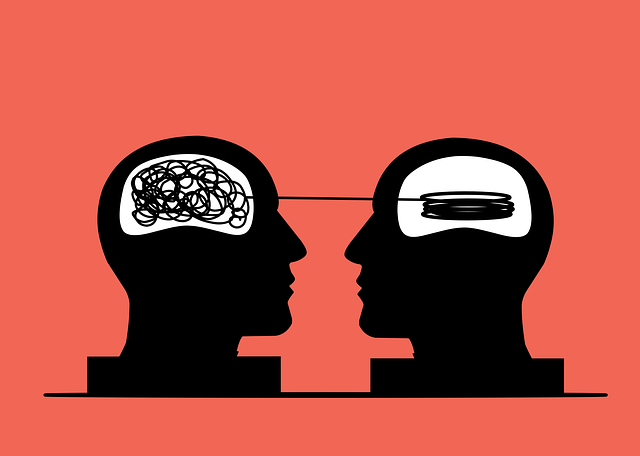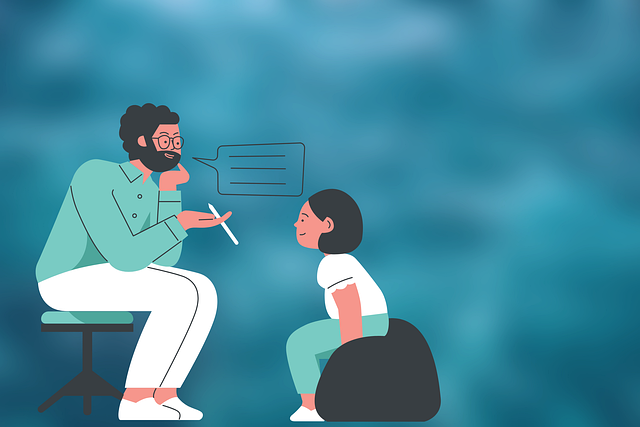Castle Rock Learning Disability Therapy (CRLD) provides a holistic approach to mental health education tailored for individuals with learning disabilities, focusing on emotional support and coping strategies. Their inclusive curriculum incorporates interactive activities, visual aids, and adaptive technologies to cater to diverse learning styles. Through strategic planning, they offer Mental Health Awareness initiatives like the Community Outreach Program, stress management workshops, and continuous evaluation using feedback surveys to adapt programs according to community needs.
“Unveiling the power of education in mental health support, this article explores an innovative program design inspired by Castle Rock Learning Disability Therapy. We delve into the creation of inclusive curricula that address a wide range of mental health concerns. From understanding the foundational principles of Castle Rock therapy to implementing and evaluating effective programs, this guide offers practical strategies for educators aiming to foster resilient minds. Discover how these methods can revolutionize mental health education.”
- Understanding Castle Rock Learning Disability Therapy: A Foundation for Mental Health Education
- Crafting an Inclusive Curriculum: Strategies for Effective Mental Health Program Design
- Implementing and Evaluating: Measuring the Impact of a Comprehensive Mental Health Education Program
Understanding Castle Rock Learning Disability Therapy: A Foundation for Mental Health Education

Castle Rock Learning Disability Therapy (CRLD) serves as a cornerstone for mental health education by emphasizing holistic approaches to treatment and well-being. This therapeutic framework acknowledges that individuals with learning disabilities often face unique challenges, including emotional and psychological barriers. CRLD focuses on empowering clients through understanding their specific needs, fostering self-awareness, and developing effective coping strategies.
By integrating practices from this therapy, mental health education programs can facilitate depression prevention, enhance mood management skills, and support the emotional healing processes essential for overall well-being. This approach not only addresses symptoms but also promotes resilience and adaptability, ensuring individuals are equipped to navigate life’s challenges with greater ease and confidence.
Crafting an Inclusive Curriculum: Strategies for Effective Mental Health Program Design

Crafting an inclusive curriculum is paramount for effective mental health program design, particularly when addressing diverse populations such as those with Castle Rock Learning Disability Therapy needs. A successful program should integrate strategies that cater to various learning styles and abilities, ensuring no one feels left behind or excluded. This involves incorporating a mix of interactive activities, visual aids, and adaptive technologies to accommodate different requirements.
For instance, promoting Self-Care Routine Development for Better Mental Health can be facilitated through role-playing exercises and group discussions. Mental Illness Stigma Reduction Efforts can be embedded in the curriculum by sharing real-life stories and hosting workshops that foster empathetic understanding. Resilience Building can be achieved through mindfulness practices, creative expression, and problem-solving tasks designed to help individuals navigate challenges with newfound confidence.
Implementing and Evaluating: Measuring the Impact of a Comprehensive Mental Health Education Program

Implementing a comprehensive mental health education program requires strategic planning and consistent evaluation to ensure its effectiveness. At Castle Rock Learning Disability Therapy, we believe in tailoring our Mental Health Awareness initiatives to meet the unique needs of each community. This involves designing engaging Community Outreach Program Implementation strategies that foster open dialogue about mental well-being. By combining interactive workshops, group discussions, and educational resources, we aim to empower individuals with the knowledge and skills necessary for stress management.
Evaluation is a crucial step in measuring the impact of these programs. We employ various methods, including pre and post-program surveys, focus groups, and feedback forms, to gauge participants’ understanding of mental health concepts and their willingness to seek support. Through continuous assessment, we can identify areas for improvement and adapt our Stress Management Workshops Organization to better serve the community. This iterative process ensures that our programs remain relevant, impactful, and aligned with the evolving needs of individuals seeking Mental Health Awareness.
Castle Rock Learning Disability Therapy provides a robust framework for designing mental health education programs. By crafting an inclusive curriculum that incorporates diverse learning styles and cultural considerations, educators can create impactful and effective interventions. Implementing these programs requires careful planning, regular evaluation, and adaptability to ensure they meet the unique needs of all learners. Through comprehensive mental health education, we empower individuals with the knowledge and skills to navigate their emotional well-being, fostering a more resilient and supportive community.








